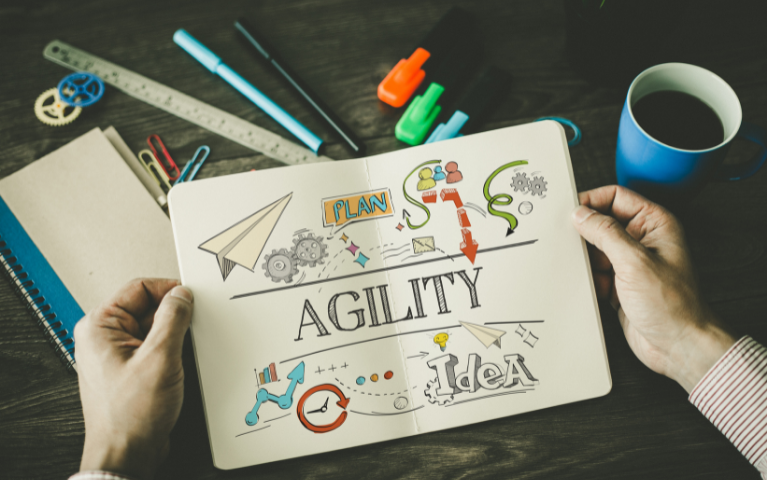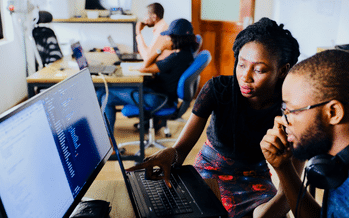Now you have a model that people can easily assess against for both upskilling in their current job and also reskilling to learn a new role (career planning and workforce agility). It will define any skill gaps and tell them exactly what learning level of activity they need to develop. It will make them self-sufficient and able to capitalize on intrinsic motivation and a growth mindset. And it tells you exactly what learning content you need to close your organizational skill gaps and position it for future success.
Read More“Companies can’t be resilient if their workforces aren’t. Building your reskilling muscle now is the first step to ensuring that your organization’s recovery business model is a success.”
Read MoreThis is the power of competency models and a competency assessment (because you have to have the honest skills data).
Read MoreIt’s time to eliminate the disparity between haves and have-nots with respect to the right skills for today’s work. If you want to ensure upskilling/reskilling equity for all, leverage technology like the Self-Directed Learning Engine™ to provide everyone with the opportunity to grow at their own pace. Those with the right skills will be able to increasingly control their destiny, choosing how, where, and when they work, while those without the required skills will not be able to envision how their circumstances will improve
Read MoreWhat if you, as the new hire, had a way of reviewing all those expectations and best practices early on, so you could eliminate the fear, uncertainty, and doubt that leads to the statistics above? That’s what competency models bring to onboarding.
Read MoreTraditional Talent, Learning & Development can’t support organizational agility. So what do we do? Like the organizations themselves, we evolve. We need to identify and build capability in real time, just-in-time, to support changes. We need to allow people in the roles who need the capabilities to own their achievement.
Read MoreA competency model (or capability framework) focuses on what tasks/skills are critical to success in the role, what it looks like to be great at those tasks/skills, and what people should be able to DO with the required knowledge.
Read MoreCollaborative learning has been shown to be one of the most effective types of learning. We call it “task-based mentoring” though you may call it “flash mentoring”, “peer coaching”, or “modern apprenticeship”.
Read More







